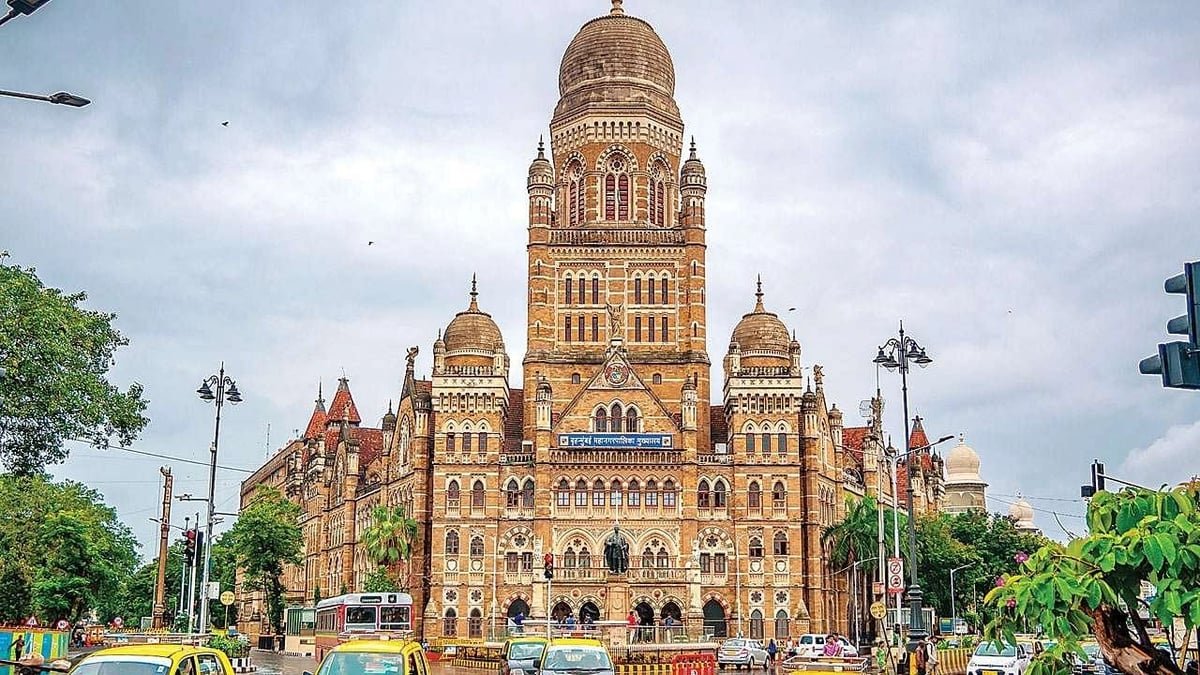Mumbai: The ambitious Gargai Dam project, approved by the municipality in 2020 to address Mumbai’s escalating water needs, has hit a roadblock. The Forest and Wildlife Department of the government has yet to grant the necessary permissions, leaving the project stalled.
This dam is projected to supply an additional 440 million liters of water per day to the city, which currently relies on a daily water supply of 3,950 million liters sourced from seven reservoirs: Upper Vaitrana, Modak Sagar, Tansa, Hindu Hrudayamrat Balasaheb Thackeray Middle Vaitrana, Bhatsa, Vihar, and Tulsi.
The municipality has made two applications for permission to proceed with the Gargai project, but approval remains pending. In the last decade, no new dam projects have been implemented, while the demand for water continues to rise due to Mumbai’s increasing population and rapid industrialization.
To combat this pressing issue, the municipality has been exploring alternative solutions, having appointed an expert committee chaired by Dr. M.A. Chitale to devise strategies for enhancing water supply.
The Gargai project, estimated to cost Rs 3,105 crore, is poised to play a crucial role in meeting Mumbai’s growing demands for water. The expenditure includes Rs 1,500 crore earmarked for the construction of the dam, while the remaining funds will cover all related costs such as tree planting, compensation for project-affected individuals, and construction expenses.
Once completed, the project is expected to take three to three and a half years. However, work cannot commence until two vital approvals are secured from the forest department and the wildlife board. The civil body informed that one of the aim of the project is to rehabilitate residents from two directly affected villages, with plans to displace four additional villages.
The municipality has committed to providing job opportunities to one family member from each affected household and planting 300,000 new trees in Chandrapur to compensate for the trees that will be cut down.
Chief Engineer of BMC’s Hydraulic Department, Purushottam Malvade, stated, “Mumbai receives 3,950 MLD of water daily, which slightly increases during monsoon months when lakes overflow. Currently, the total water stocks in the seven lakes are at 99%, which, according to hydraulic department officials, should suffice until the next monsoon. However, on days of extreme heat, during festivals, or in the event of a pipeline burst, additional water supplies are required. We had to impose a water cut for a month this June until our water stocks reached satisfactory levels.”
Once the Gargai dam is constructed, its water will be channeled to the Modak Sagar lake, which is one of the key sources supplying water to Mumbai. From Modak Sagar, the water will be transported to purification plants for treatment before dispersal.
Saurabh Deshpande, an engineer with the Water Supply Project, remarked, “We made our application to the two departments (Forest and Wildlife Board) back in 2020. Since then, they have raised queries and sought responses, all of which have been duly addressed. We remain hopeful to receive the required approvals soon.”
Deshpande further noted, “Once work on the project commences, it is expected to take 36 to 48 months for its completion. We will utilize roller compacted concrete technology for this project, which employs less cement and more fly ash, making the process more efficient and time-saving.”
As the clock ticks on Mumbai’s quest for sustainable water sources, attention now turns to the Forest and Wildlife Departments to expedite their approval processes, which will be pivotal in supplying the city with much-needed water in the coming years.




